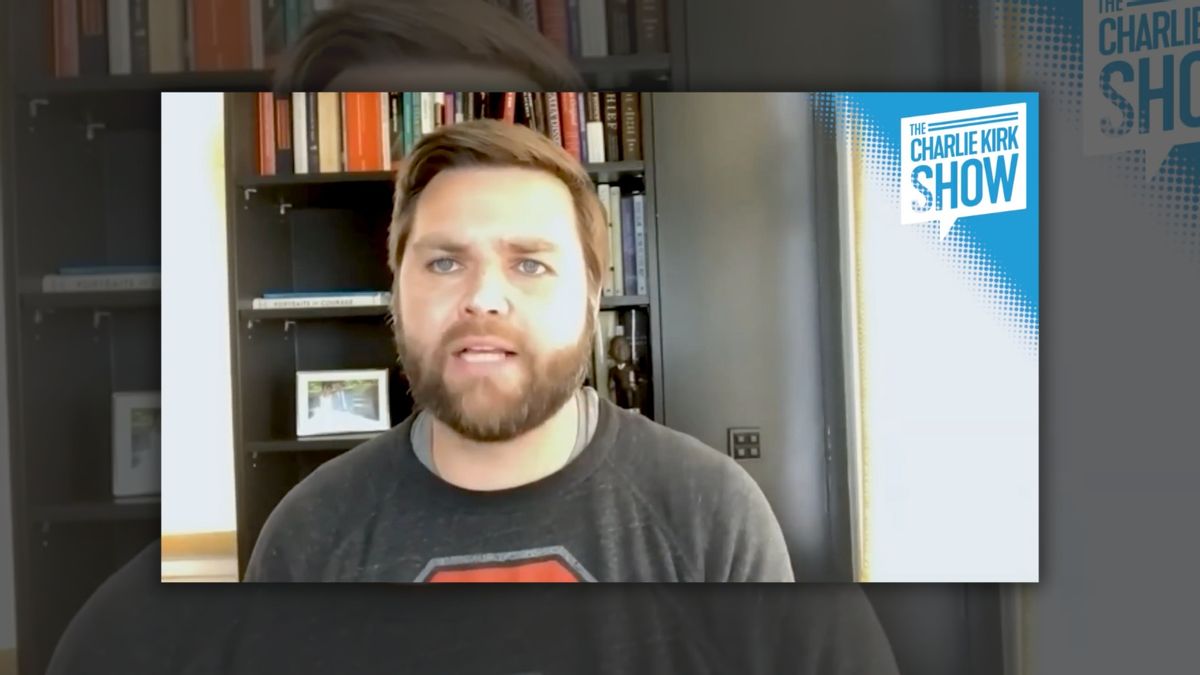Vance made the comment on a podcast in 2021. He said childless adults who make the same amount of money as adults with children should pay higher taxes. He did not elaborate on specifics. (Taxpayers with children already receive tax benefits not available to the childless: U.S. tax code has included child tax credits since 1997.)
As the 2024 U.S. presidential election gathered momentum, the campaign of Democratic Vice President Kamala Harris shared a clip of Republican vice presidential candidate JD Vance supposedly discussing taxes for childless people
As of this writing, that X post by the Harris campaign had 3.2 million views and 31,000 likes. Other social media users shared the video of Vance making the alleged comment, too, on platforms such as X and Reddit.
Vance did make the statement
He said the system would "reward things that we think are good and punish the things that we think are bad," without elaborating on specifics. Taxpayers with children already receive tax benefits not available to the childless: U.S. tax code has included child tax credits since 1997.
As of this writing, the in-question episode of The Charlie Kirk Show was not available online, including on Apple Podcasts and the show's website, where the show's other episodes exist. For reasons that are unknown, it appeared the show took down video and audio of the episode. We reached out to Charlie Kirk to ask why the episode was no longer available, as well as for its response to the Harris campaign resurfacing it in fall 2024, and we will update this report when, or if, we receive a response.
However, American Bridge 21st Century, a liberal political action committee and opposition research group, appeared to have saved the footage:
Further, we found the episode's full audio file and transcript on Podscribe (archived), a marketing-intelligence tool for podcast advertising. The audio was uploaded on March 20, 2021. Snopes archived both the audio and transcript to our public drive.
In the 55-minute interview between Kirk and Vance, they talked about a variety of topics, including the effects of globalization, the decline of the middle class, manufacturing in the U.S. and the economy at large. Vance also outlined a plan to tax things he viewed as "bad" at a higher rate than things he viewed as "good."
Here is the exchange (emphasis ours) with the comment about taxes for childless people verses parents:
Kirk: Because we're actually not in a political moment. We're in an Overton window moment with everything we have to do should be about moving PO moving ideas from unthinkable to sensible, to popular to policy. That's really the moment we're in. There's no, there's no committee work getting done. There's no markups. People say, Oh, you can only be a Senator. If you've been there. None of that's true. This is a PR stunt is really what's happening. What are you going to do to help contribute positively to that problem?
Vance: No, I think it's simple. And I'll go back to something I said earlier about, we need to reward the things that we think are good and punish the things that we think are bad. So you talk about tax policy, let's tax the things that are bad and not tax the things that are good. If you're making a $100,000, $400,000 a year, and you've got three kids, you should pay a different lower tax rate than if you're making the same amount of mon
ey, and you don't have any kids. It's that simple. Kirk: I totally agree.
In sum, he argued the tax code should reward wanted behaviors (having children) and penalize unwanted ones (not having children) with tax incentives.
However, the general concept was not revolutionary. At the time of the podcast episode, tax code already prescribed benefits for taxpayers with children. Congress approved child tax credits in 1997 with bipartisan support.
Since 2017, families with children claim a yearly tax credit of $2,000 for each child under 17 years old who is a U.S. citizen. Further, taxpayers can claim a tax credit for the care of children under 13 years old.
During her 2024 presidential campaign, Harris proposed expanding those benefits with a $6,000 tax credit for newborns and a $3,600 child tax credit. Meanwhile, while campaigning with former President Donald Trump, Vance has proposed a more aggressive plan: In August 2024, Vance said he'd like to expand the child tax credit to $5,000 per child.
The quote about taxes was not the first statement by the vice presidential candidate about childless adults that we've fact-checked. In July 2024, we confirmed rumors he said parents should have a bigger say in democracy than non-parents.

